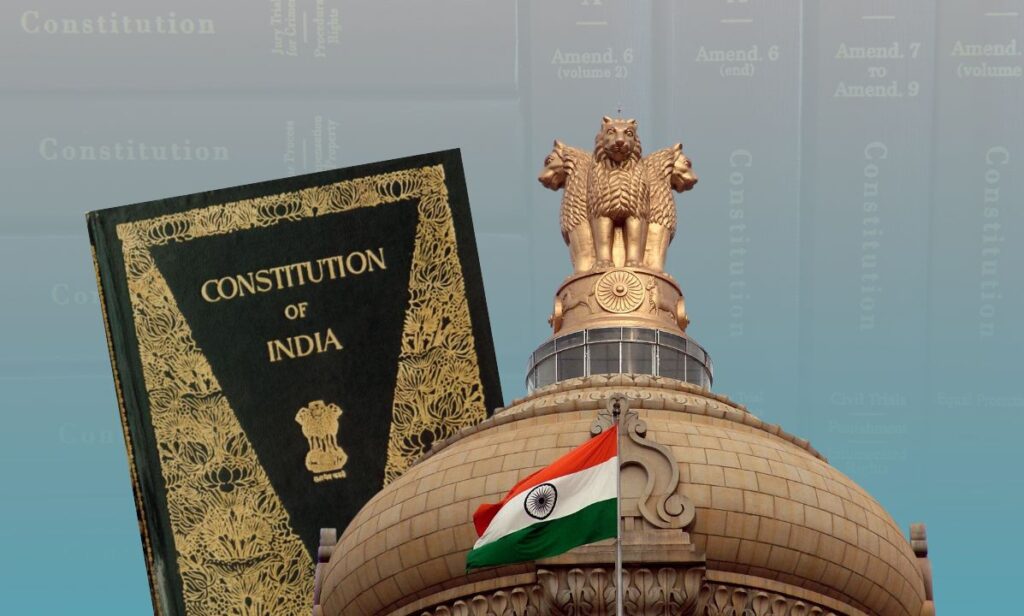“Sine qua non” and “sine die” are Latin phrases with different meanings. These two terms are being used implicitly in the Indian constitution. Let’s see the difference between the two widely used terms.
sine qua non means – “without which”. It refers to an Essential condition or requirement for something to exist or happen. In other words, it is a necessary condition without which a particular outcome cannot be achieved. It implies that if the condition is not fulfilled, the desired result will not be possible.

Say for Example: – you are organizing a conference, and you want to ensure its success. Having qualified speakers would be the sine qua non for a successful conference. Without knowledgeable and experienced speakers, the event would lack substance and value, making it difficult to achieve the desired outcome.
Now, let’s see another term.
Sine die refers to “without day”. This phrase indicates that a meeting, session, or event has been adjourned or postponed indefinitely, without assigning a specific date for resumption. It means there is no fixed or scheduled time for the gathering to reconvene or continue.
Let’s understand this with an example: – A parliamentary session that is adjourned sine die means that it is concluded without any specific date set for the next session. This can happen when a legislative body completes its business or when exceptional circumstances prevent the session from continuing in the foreseeable future. The adjournment sine die effectively terminates the current session without determining when the next one will occur.
So, in short, “sine qua non” refers to an essential condition without which something cannot happen, while “sine die” indicates the adjournment or postponement of an event without setting a specific date for its resumption.





















